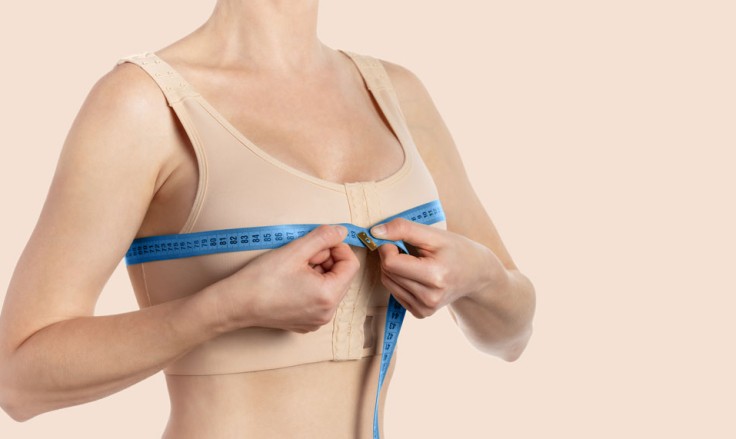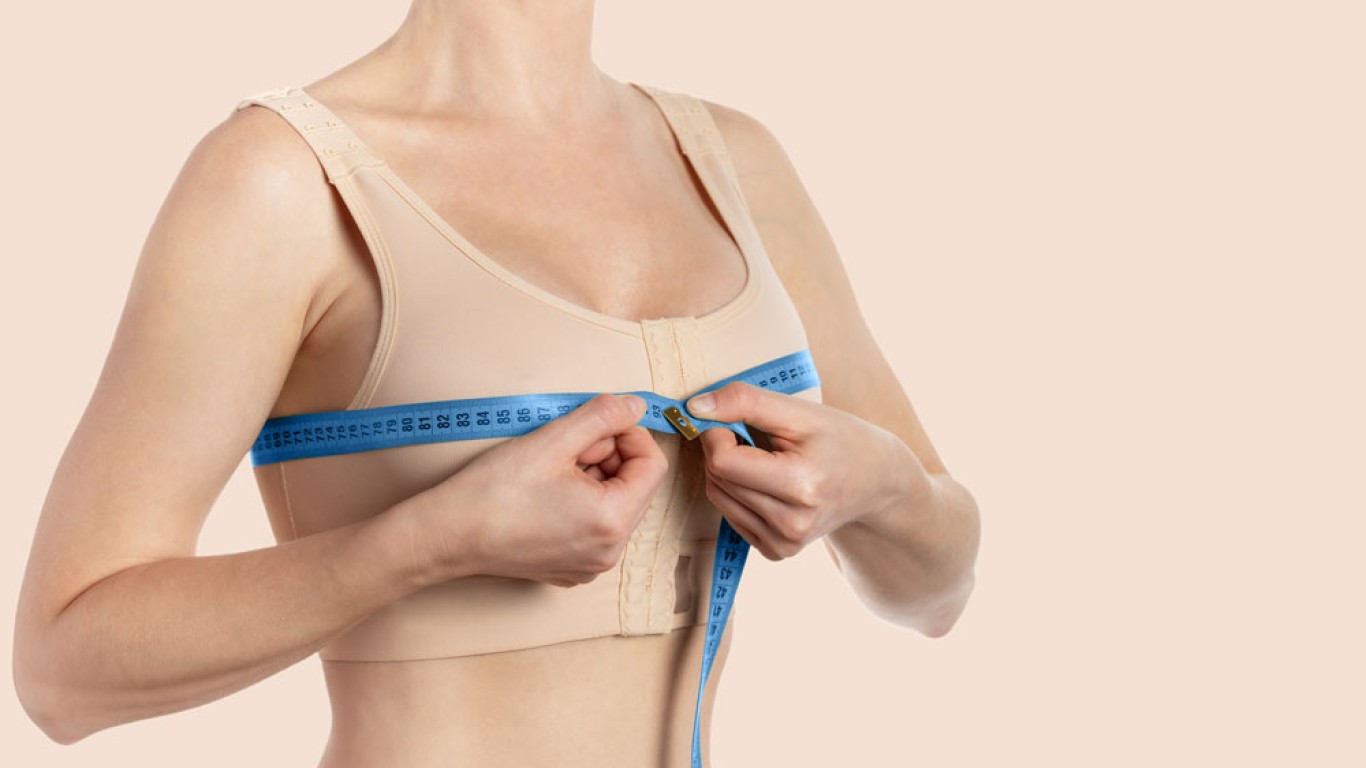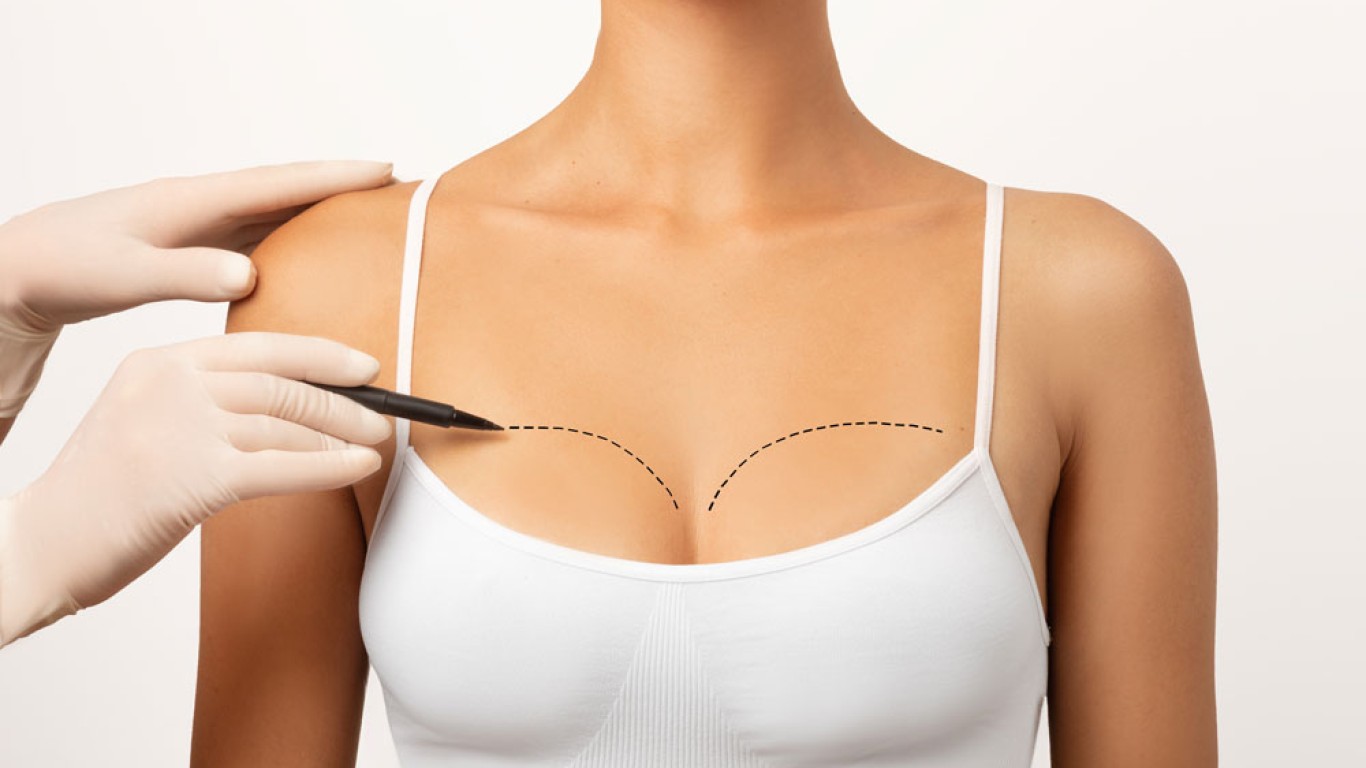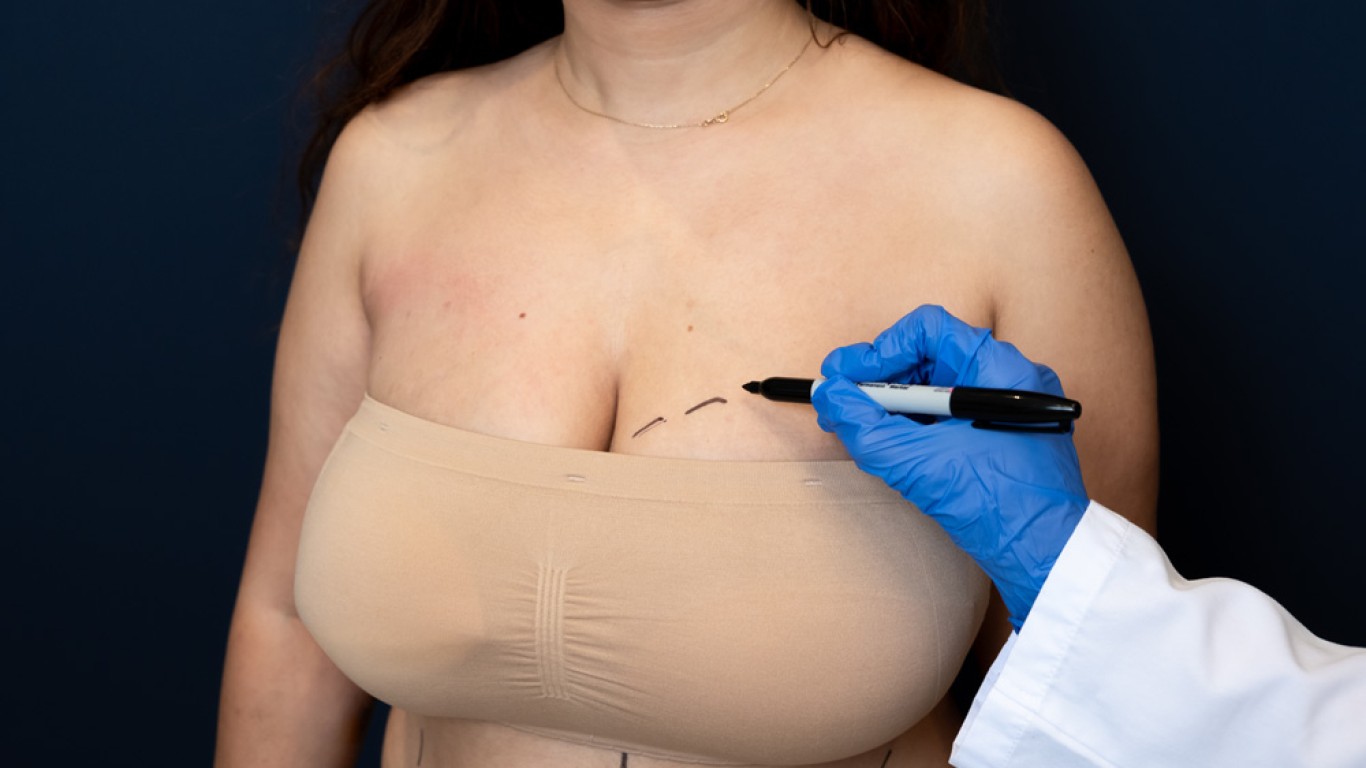Introduction
Breast reduction surgery provides both physical relief and aesthetic benefits for many individuals. However, concerns about scarring often arise during consultations.Understanding how a breast reduction scars develops and how to care for it properly can ease these concerns. While scars are a natural part of healing, several effective methods can reduce their visibility. This article outlines what to expect from breast reduction scar healing and shares practical ways to support optimal skin recovery.
Why Do Breast Reduction Scars Form?
Scars are your body’s natural response to injury, including surgical incisions. During a breast reduction, excess skin, fat, and tissue are removed to reshape the breasts.As incisions close and tissues heal, new collagen forms to repair the skin. This process creates a breast reduction scar, which may vary based on genetics, skin type, and aftercare. Although scarring is unavoidable, proper care can significantly improve the scar’s texture, colour, and visibility.
Types of Breast Reduction Scars
There are a few different scar patterns, depending on the surgical technique used.
The most common ones include:
- Anchor (Inverted-T): This includes a scar around the areola, vertically down to the breast crease, and horizontally along the crease.
- Vertical (Lollipop): A circle around the areola and a vertical line to the crease. There’s no horizontal scar.
- Donut (Periareolar): Only a circular scar around the areola. This method is for minor reshaping.
The size and location of your breast reduction scar depend on the amount of tissue removed and the surgical approach.
How Long Does It Take For Breast Reduction Scars to Fade?
Scars change over time as the healing process continues. Initially, they appear red or pink and may feel firm.Within six to twelve months, most scars soften and fade to a lighter tone. However, full scar maturation may take up to two years. Patience is important. The final appearance depends on many factors, including how well you follow post-surgery instructions.
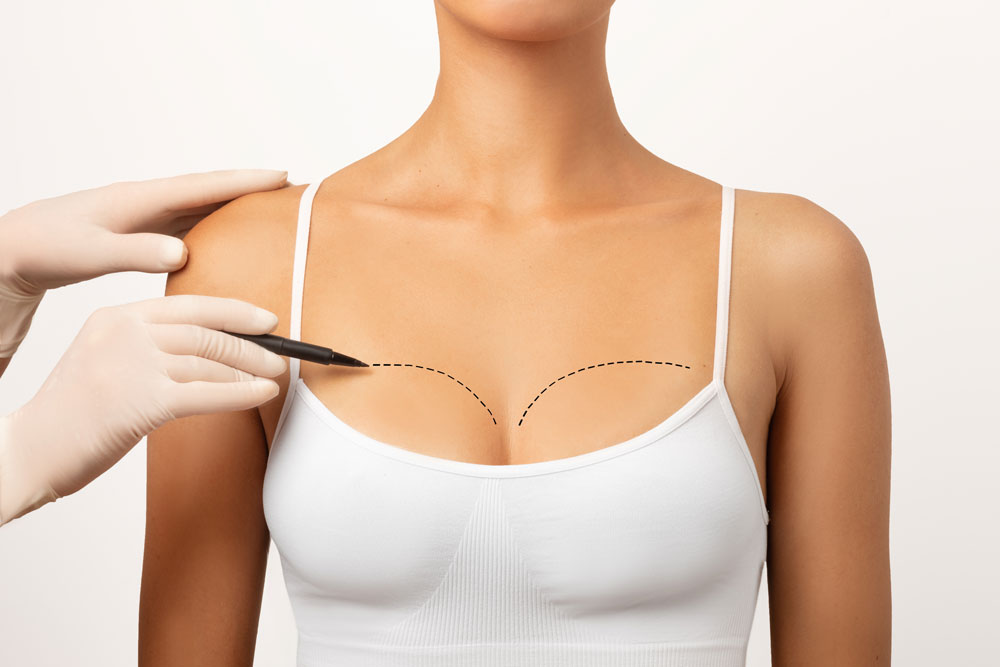
Top 5 Ways to Minimise Breast Reduction Scars
There are many strategies to reduce the appearance of a breast reduction scar. Here are the most effective:
1. Follow Post-Operative Instructions
Firstly, adhere to your surgeon’s care guidelines. Proper wound care is essential to reduce irritation and infection.
2. Wear Supportive Garments
Compression bras help reduce swelling and keep the incision areas stable. This promotes even healing.
3. Use Scar Creams or Silicone Sheets
Silicone-based products hydrate the skin and help flatten and fade scars over time. Apply consistently as directed.
4. Protect Scars from Sunlight
UV rays can darken scars permanently. Use sunscreen with high SPF or keep scars covered outdoors.
5. Stay Hydrated and Eat Well
A balanced diet rich in vitamins and antioxidants supports skin regeneration and collagen production.
When to Start Scar Treatments
Scar treatments should begin only once the incisions have closed completely. This typically happens within two to three weeks after surgery. Your surgeon will advise you when to start applying scar-reducing creams or sheets. Beginning too early may irritate the healing tissue. Conversely, waiting too long may reduce effectiveness.
Natural Remedies for Scar Appearance
In addition to clinical products, some natural remedies may support healing:
- Aloe vera: Known for its soothing properties and skin hydration
- Vitamin E oil: Often used to soften scar tissue and improve elasticity
- Coconut oil: Offers anti-inflammatory benefits and keeps the area moisturised
Although natural methods help, consult your surgeon before starting any new product on your breast reduction scar.
Massage and Scar Therapy
Scar massage can help break down tough tissue beneath the skin and improve flexibility. Start gentle massage after your surgeon gives clearance, usually around four to six weeks post-op.Apply light pressure with circular movements. Use moisturisers or scar gels to reduce friction and enhance results. Performing this daily improves blood circulation and supports smoother healing over time.
What If a Scar Becomes Raised or Thickened?
Sometimes, scars develop into raised or thickened tissue. These are known as hypertrophic scars or keloids.If your breast reduction scar becomes raised, itchy, or firm, contact your surgeon.
Treatments may include:
- Silicone sheets or gel
- Cortisone injections
- Laser treatments
- Microneedling
Early intervention often leads to better outcomes and prevents the scar from worsening.
Maintaining Long-Term Results
Long-term care of your breast reduction scar is important. Scars continue to evolve, and consistent attention supports lasting improvements.Even after healing, continue using sun protection and moisturising regularly. Avoid smoking, which slows tissue repair and can worsen scarring.Lastly, schedule follow-up appointments to monitor scar progress and discuss any concerns with your surgeon.
The Psychological Impact of Scar Management
Minimising a breast reduction scar is not only about aesthetics. It also supports emotional well-being. Many individuals feel more confident when their scars are less visible. Feeling good about your body after surgery can significantly boost self-esteem. Additionally, taking an active role in scar care creates a sense of control during the recovery process. This mental reassurance helps many patients adjust positively to their new shape. If concerns about scarring persist, support groups or counselling may be helpful. Ultimately, embracing the healing journey - both physically and mentally - can make a real difference to your long-term satisfaction.
Conclusion
In conclusion, a breast reduction scar is a natural part of healing after surgery. Although some scarring is inevitable, there are many ways to minimise its appearance.With proper care, scars fade significantly over time, allowing you to enjoy the benefits of your surgery with confidence.
For more information on breast reduction procedures and to book a consultation visit the ACIBADEM Beauty Center Breast Reduction webpage.
Frequently Asked Questions
Most scars begin fading within six months and continue improving for up to two years.
Yes, after the incisions heal completely. Use hypoallergenic products to avoid irritation.
No. Scar patterns vary based on the technique used and individual healing factors.
Some are safe, but always consult your doctor before applying any topical product.
Avoid intense workouts during early recovery. Gentle movement is encouraged once your surgeon approves.
